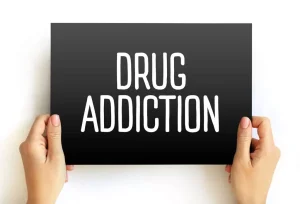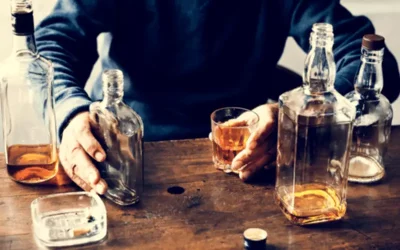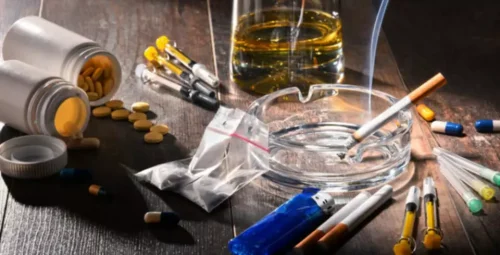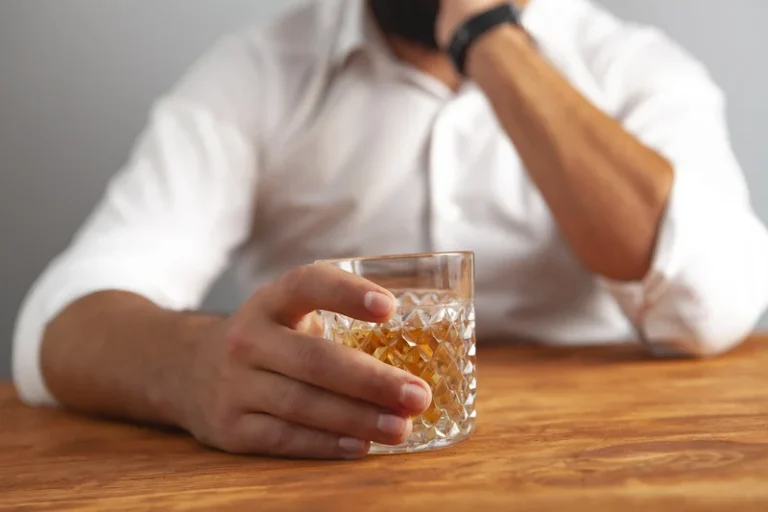Alcohol Withdrawal: How to Get Through It

Koob says he likes to recommend an intuitive approach to drinking moderately. Monitor how your body responds to alcohol, as well as how you feel when you don’t drink. While these findings are a concern, there are practical ways to cut back on drinking, such as planning break days and how to control drinking switching to mocktails or nonalcoholic beers. But most people have a hard time discerning when they’ve gone beyond moderate drinking and should consider cutting back, according to Koob. A doctor or psychiatrist can offer more information and help you explore possible treatment plans.

How a refugee Olympian found a new life in Canada

You don’t have to leave the house to get support from other people who understand and respect what you’re trying to do. In fact, you can find it online with sites like Sunnyside, which helps https://ecosoberhouse.com/ you create a customized plan, Tempest, Moderation.org or Ben’s Friends for people who work in the food and beverage industry. The urge to drink will inevitably come—so make a plan for it.
Drink water.
But medical research has shown that the cold-turkey approach may not be the best way for everyone. Fortunately, urges to drink are short-lived, predictable, and controllable. This short activity offers a recognize-avoid-cope approach commonly used in cognitive behavioral therapy, which helps people to change unhelpful thinking patterns and reactions. It also provides worksheets to help you uncover the nature of your urges to drink and to make a plan for handling them. This can be a helpful strategy early in your efforts to change your drinking and manage your urges. Have friends over for dinner that you make (unless drinking heavily while you’re cooking is part of your routine).

Medication-assisted treatment (MAT)
You’ll get a 100% custom plan, then daily texts to track your progress and help you stay on target. Prepare yourself for those times when someone is going to offer you a drink. You might also hold onto a nonalcoholic drink instead, ask a friend to support you in difficult situations or simply exit early if temptation gets too strong, the NIAAA suggests. If you drink to ease the pain of loneliness, then make a conscious effort to connect with others.
- For example, AUD patients with major depression have significantly more relapses.
- Or maybe it’s a pregnancy that made you realize it’s time to stop drinking.
- If you want to stop drinking for good, don’t let past relapses discourage you from trying to quit.
- Learning to drink in moderation can be the goal, or it can be a way station on the way to abstinence.
Addiction to alcohol means a person feels compelled to use alcohol. Alcohol use disorder is a chronic, lifelong, relapsing illness undermining happiness, work, relationships, and free will. By Buddy TBuddy T is a writer and founding member of the Online Al-Anon Outreach Committee with decades of experience writing about alcoholism. Because he is a member of a support group that stresses the importance of anonymity at the public level, he does not use his photograph or his real name on this website. Even if your loved one does enter treatment and recovery, there will likely be many bumps along the way. Without alcohol as a coping mechanism, deeper issues tend to rise to the surface and must be dealt with.
Rethinking Alcohol: Can Heavy Drinkers Learn To Cut Back?

When to See a Healthcare Provider
- Dairy products in general are good sources of calcium, vitamin D, and other vitamins and minerals that you’ll need to replenish to stay healthy and fight cravings.
- It’s common to become overly focused on the drinker’s actions and behavior, and obsessively worried, which takes the focus off your own life.
- Dietary guidelines recommend that if you drink, men limit daily drinking to two drinks or less per day and women limit their drinking to one drink or less per day.
- Understanding and recognizing these factors will help you reduce or manage cravings more effectively.
- You can also use our handy guide, try a standard drinks calculator or ask staff.
- On general principle, you don’t have to reason it out yet again.

More on Substance Abuse and Addiction
- Instead of criticizing yourself for having a hard time or slipping up and having a drink, remember that no one’s perfect.
- Ask your doctor whether any medications may help in the process.
- In addition to therapy, support groups, and self-help options, you should consider some of the medications that are available which may improve your chances of quitting alcohol successfully.
